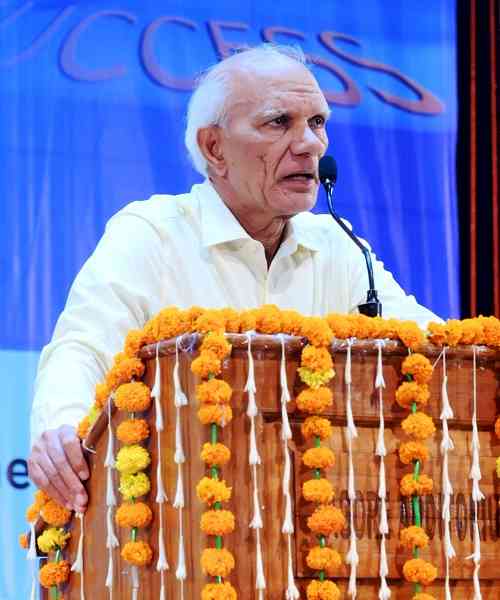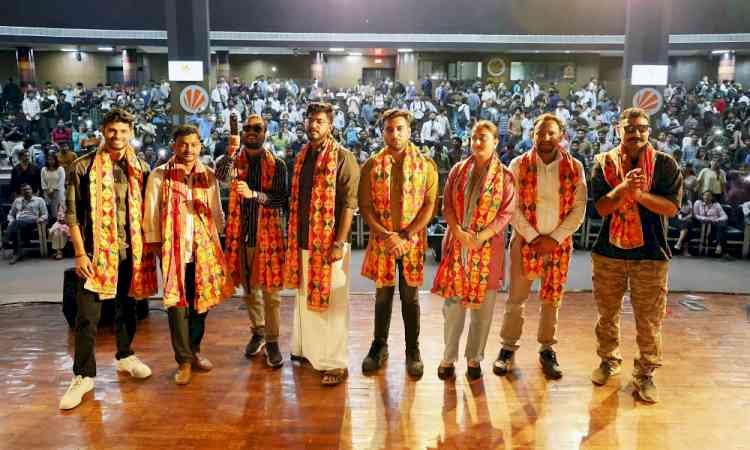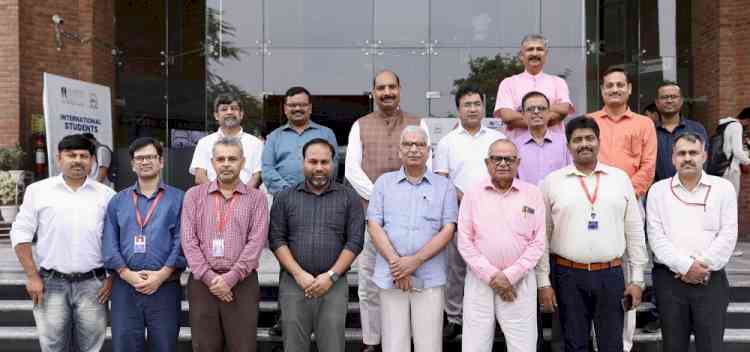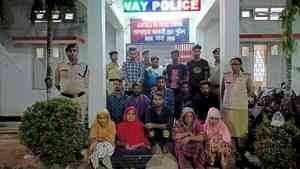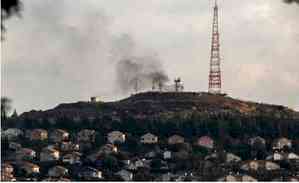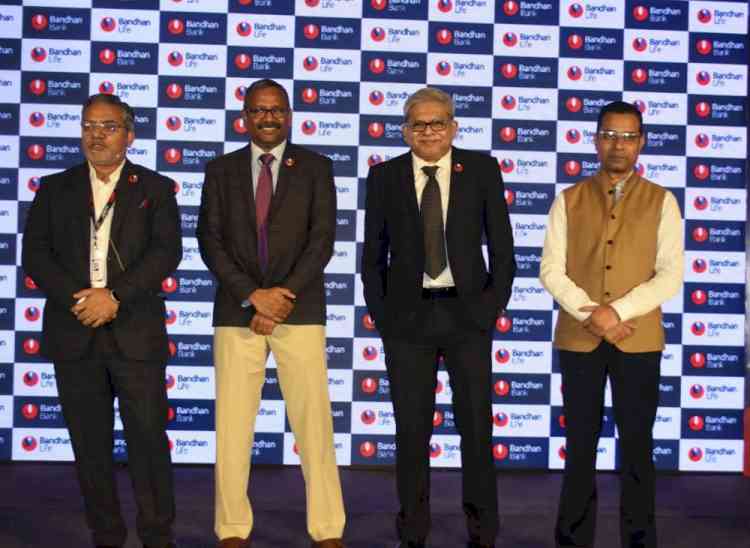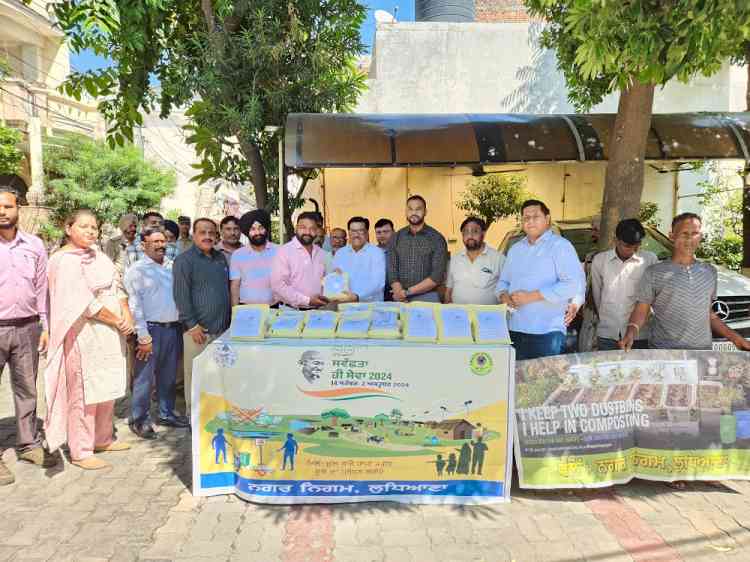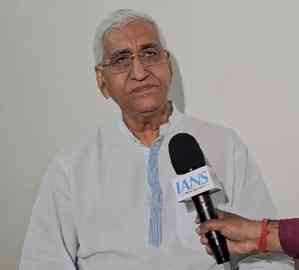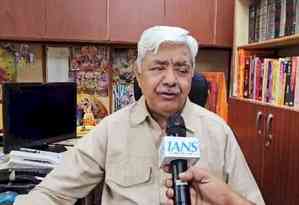3-Day online training program on “Science, Technology & Innovation (STI) role in DRR policies and strategies”
DST-Centre for Policy Research (CPR) at Panjab University, Chandigarh organized a 3-day online training program on “Science, Technology & Innovation (STI) role in DRR policies and strategies” from 30 Jan. 2023 to 01 Feb. 23.
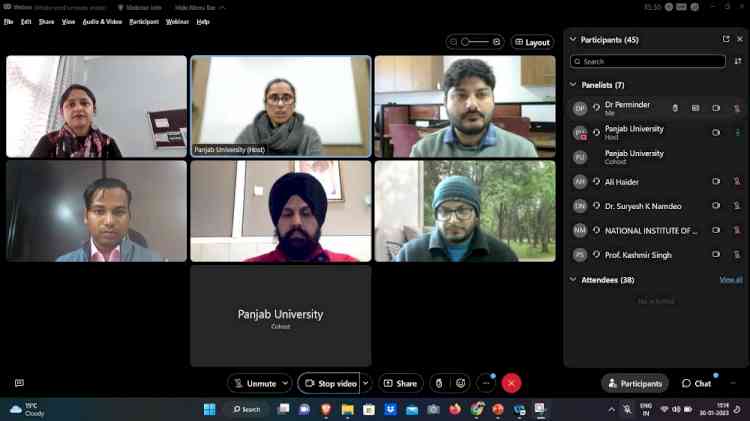
Chandigarh: DST-Centre for Policy Research (CPR) at Panjab University, Chandigarh organized a 3-day online training program on “Science, Technology & Innovation (STI) role in DRR policies and strategies” from 30 Jan. 2023 to 01 Feb. 23. The program was organized with the support of National Institute of Disaster Management (NIDM), Ministry of Home Affairs, Government of India. The training program aimed to bring together the domain experts, members of academia and key stakeholders on a common platform for understanding the role of science in enhancing Disaster Resilience by exploring the penetration of STI in Disaster Risk Reduction (DRR).Various dignitaries from national and international level graced the event and enriched the participants with their thoughts.
Dr. Parminderjit Kaur, Senior Policy Fellow at Centre for Policy Research, IISc, Bangalorehighlighted the STI contribution in DRR. She gave the way forward that Science influences actions and choices, individual as well as collectively. She stressed that together we can create new insights and methods, solve old problems, and establish higher standards and better evidence-based policies.
Dr.Suryesh K Namdeo, consultant from United Nations Office for Disarmament Affairs put forward there commendation to develop a national biosecurity strategy and stressed on the need of a dedicated agency for biological emergencies.
Namrata Sarmah, Museum Professional at State Museum Guwahati highlighted the various case studies where ample contribution has been paid to preserve the artifacts from the ancient Indian history. Around 150 participants took part in the on-line training program, including faculty members, researchers, and students from various institutions from Chandigarh region and PAN India.


 City Air News
City Air News 
